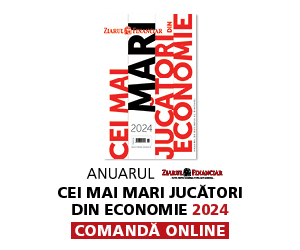Newly-elected President Ion Iliescu yesterday was validated by the Constitutional Court, in the presence of the current head of state Emil Constantinescu, who wished his successor not to face an uprising against a decision made by the Supreme Court of Justice (CSJ), as it happened in his case.
This is about miners' uprising back in January 1999, stirred by disapproval against CSJ decision to place Miron Cozma under arrest, an event for which PDSR adopted a reserved stance.
The current and the future President of Romania came to the Constitutional Court together. At the entrance, Constantinescu stepped back in order to allow his successor to pass first.
Upon the validation of his mandate, Ion Iliescu pledged to be president for all Romanians and made an appeal for national reconciliation.
"Disputes of ideas, differences of opinions and of programmes are essential in a democracy, but resentment and contradictions must be left behind," the newly-elected President stated.
According to Iliescu, Romania will stand to gain only from national reconciliation, not from disagreements. In the opinion of the future President, the validation of his mandate has implications of a democratic, political, social and historical nature.
According to Iliescu, the development of the electoral process acknowledged people's will for democracy and proved that democratic forces can be united "by more important things than those that separate them."
Iliescu added that economic recovery, along with integration in the family of European countries, must belong to "those who are many, but silent."
Once validated by the Constitutional Court, elected President Ion Iliescu made one more step towards Cotroceni. The next step will be made next week, when he will submit his oath in Parliament.
The new President yesterday announced some of his direct collaborators; Mihai Constantinescu will be appointed advisor for legal problems, Simona Miculescu for foreign policy, Octavian atireanu for domestic issues, Victor Opaschi for religious cults and Corina Cretu for issues of image and media.










































